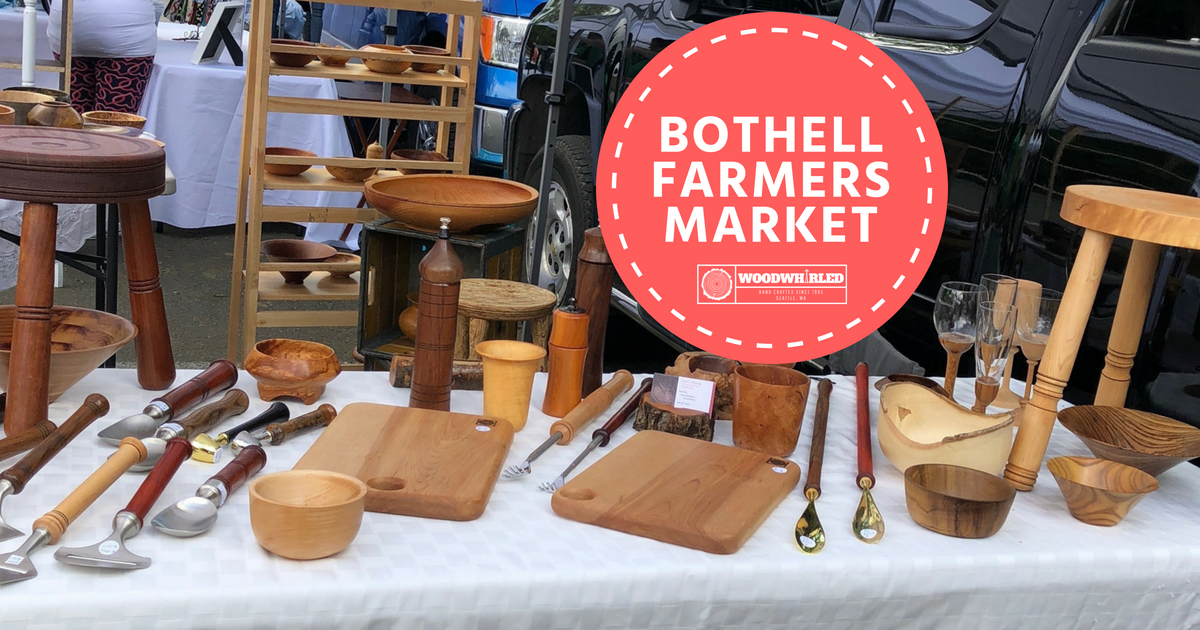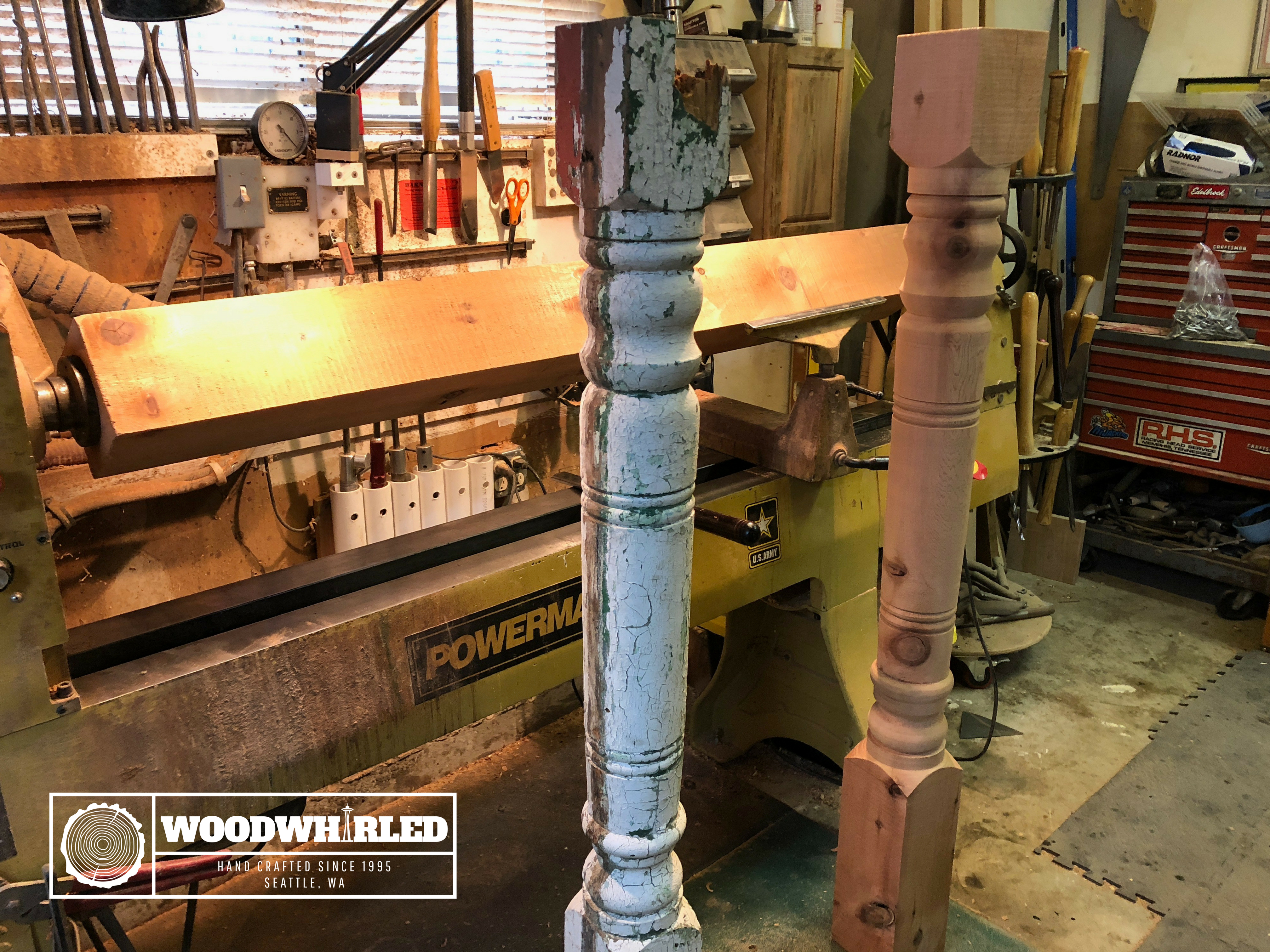How to fix a wood crack into a feature
Has this ever happened to you? You have an attractive blank you want to turn, and suddenly the inspiration hits….you know exactly what you want to turn!
And then you see it: a crack!!! Maybe a small one, or maybe a big one, but the feeling is the same….RATS. The wood is worthless now. But…are you sure? Perhaps instead this is a “Design Opportunity”, and now your wood has the potential for enhancement to take advantage of new “character”…and we charge extra for “character”!
 Our goal is to turn a flaw into a feature, and they add value and visual impact to our project.
Our goal is to turn a flaw into a feature, and they add value and visual impact to our project.
If it is only a small surface crack, fill it with super glue. Because thin super glue tends to “migrate” and soak into the wood other than the crack, it is a good idea to seal the area BEFORE you apply the glue. Use shellac (dewaxed, like Zinser aerosol/spray shellac), or an aerosol lacquer such as Deft or Rudd. When the sealer has dried, then you can put the superglue into the crack. You might notice that the superglue starts to follow a hairline crack beyond what you can see…this is a good thing. Give the glue several minutes to cure. If you use the Accelerator (Instant Glue sometimes is not fast enough…imagine that!!) you may notice that the glue line turns white. This is because when the glue “cures” too quickly, it generates a lot of heat and crystallizes the acrylic compounds in the glue.
If the crack is large, you now have a wider range of options. It is still recommended to seal the repair area.
I use several differing applications for this. One is to use ground coffee….depending upon the roast, it is light brown to almost black. It looks like wood and smells like coffee when you turn or sand!! I use a small amount of medium in the bottom of the crack, then pack in the coffee. Saturate the area with thin or super thin glue. The repair material should end up as a slight mound in the repair area. If necessary, add more coffee .

Another option is to use sanding dust…the procedure is the same.
If you want to add some WOW! to the repair, I like to use Inlace products, especially the Turquoise granules or nuggets. This is a visually striking accent to your finished turning and always draws comments from those looking at your work. You can also combine the turquoise with the coffee or dust…more contrast.
Remember…your are doing more than making a repair or salvage: you are adding character and value.
If the crack is VERY wide, don’t despair. You can drill a series of holes along both sides of the damaged area and “lace” the crack with soft copper wire, or a leather thong/boot lace. I have noted that some artistic turners will even glue a short ZIPPER over the crack….very cool thinking!!

If your turning included the pith as a part of the turning, keep in mind that the pith is an area that almost ALWAYS will generate cracking/checking, so be prepared to use glue or something to stabilize or repair that area.
If you have a biscuit joiner, you can carefully cut across the crack and glue in biscuits to bridge the crack. You can still see the crack but the biscuits will stop the propagation . You then can turn or sand the area smooth. A little something extra? Make the biscuit cuts AT AN ANGLE across the crack, cut or sand smoothe and then make another series of cuts at an opposite angle, creating a “X” pattern across the crack. A little extra work, but resulting in a stunning visual.
bridge the crack. You can still see the crack but the biscuits will stop the propagation . You then can turn or sand the area smooth. A little something extra? Make the biscuit cuts AT AN ANGLE across the crack, cut or sand smoothe and then make another series of cuts at an opposite angle, creating a “X” pattern across the crack. A little extra work, but resulting in a stunning visual.
Remember that problems are only opportunities for you to exploit!!
Don't forget to subscribe to receive special member offers directly to your email.




38 comments
zithromax azithromycin 500 mg https://zithromaxes.com/ zytromax
purchase vardenafil online https://vegavardenafil.com/ vardenafil hcl 20mg tab
what is tadalafil https://elitadalafill.com/ tadalafil 40 mg daily